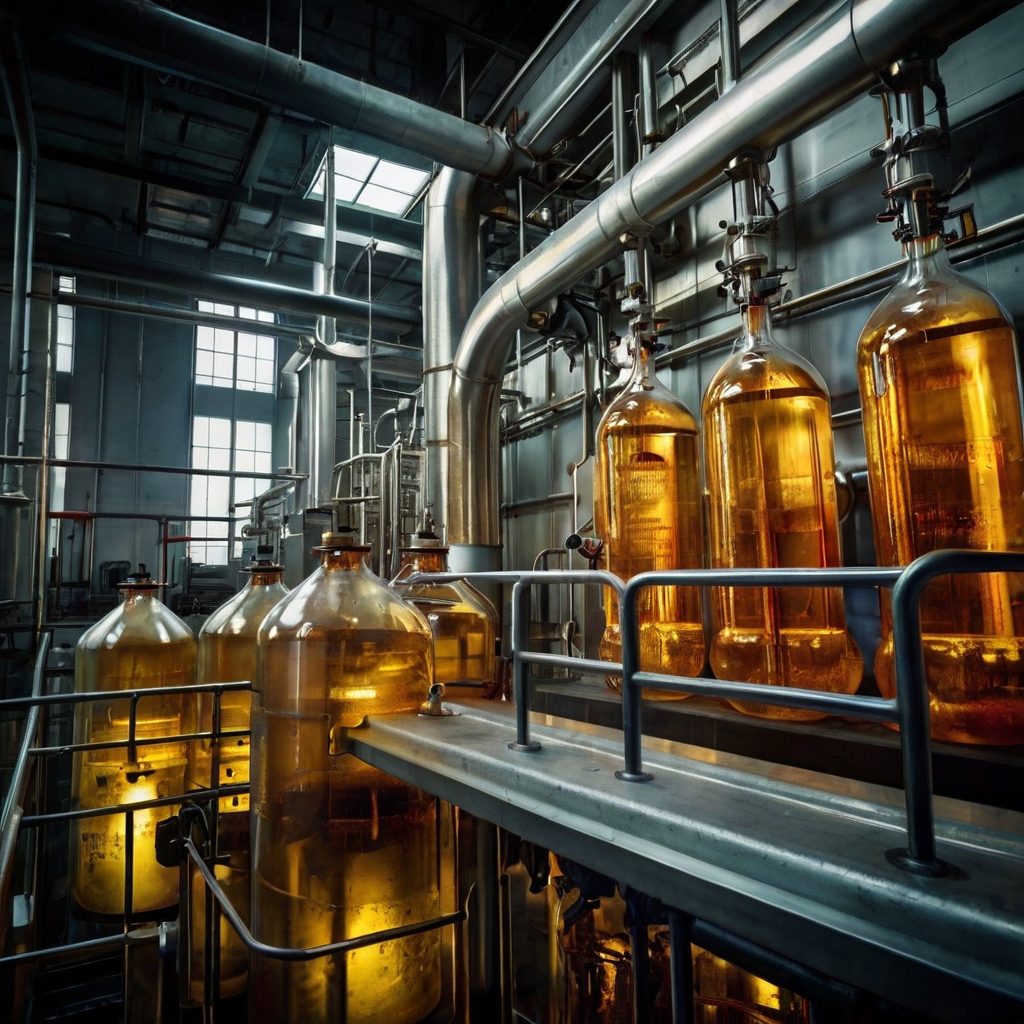The industrial enzymes market is on the brink of significant transformation as we approach 2024, driven by innovation, sustainability, and an increasing demand for eco-friendly alternatives across various industries. Enzymes, which are natural catalysts that facilitate chemical reactions, are becoming indispensable in sectors such as food and beverage, biofuels, textiles, and pharmaceuticals. This article explores the key trends and opportunities shaping the industrial enzymes market in 2024.
Market Overview
As of 2024, the global industrial enzymes market is projected to surpass $8 billion, reflecting a robust compound annual growth rate (CAGR) of approximately 6% from the previous year. This growth is largely attributed to the heightened focus on sustainability and the need for more efficient production processes. As industries strive to reduce their environmental impact, the demand for enzymes that can enhance efficiency while minimizing waste continues to rise.
Key Drivers of Growth
- Sustainability Initiatives: Environmental concerns are at the forefront of many industrial strategies today. Enzymes contribute to greener manufacturing by lowering energy consumption and reducing the need for harmful chemicals. For example, in the food industry, enzymes improve product quality and extend shelf life without synthetic additives, aligning with consumer preferences for clean labels.
- Biofuel Production: The shift towards renewable energy sources is another significant driver. Enzymes are crucial in converting biomass into bioethanol and biodiesel, making them essential for the biofuels sector. As governments worldwide enforce stricter regulations on emissions, the demand for enzyme solutions in biofuel production is expected to grow exponentially.
- Technological Advancements: Continuous advancements in biotechnology are enhancing enzyme production methods, leading to more efficient and cost-effective processes. Innovations such as enzyme engineering and fermentation technologies are helping manufacturers develop enzymes with improved stability and activity, further broadening their application range.
Market Segmentation and Applications
The industrial enzymes market can be segmented by type, application, and geography. Key enzyme types include amylases, proteases, cellulases, and lipases, each serving distinct functions across various industries. The food and beverage sector is the largest consumer of industrial enzymes, followed closely by biofuels, textiles, and detergents.
In 2024, the food industry is expected to continue leading the market due to increasing consumer demand for processed foods, while biofuels will emerge as a rapidly growing application area.
Regional Insights
Regionally, North America and Europe dominate the industrial enzymes market, driven by well-established industries and substantial investments in research and development. However, the Asia-Pacific region is witnessing rapid growth due to increasing industrial activities, urbanization, and a growing focus on sustainable practices.
For More Info: – https://www.gmiresearch.com/report/industrial-enzymes-market-size-analysis-industry-research/
Challenges and Future Outlook
Despite the promising forecast, the industrial enzymes market faces challenges such as the high cost of enzyme production and potential regulatory barriers. Nevertheless, ongoing research and development efforts, coupled with strategic partnerships and collaborations, are expected to address these challenges.
In conclusion, the industrial enzymes market in 2024 is set for remarkable growth, bolstered by sustainability initiatives, technological advancements, and expanding applications. Companies that embrace innovation and prioritize eco-friendly solutions will be well-positioned to thrive in this dynamic landscape, ultimately contributing to a more sustainable industrial future.
